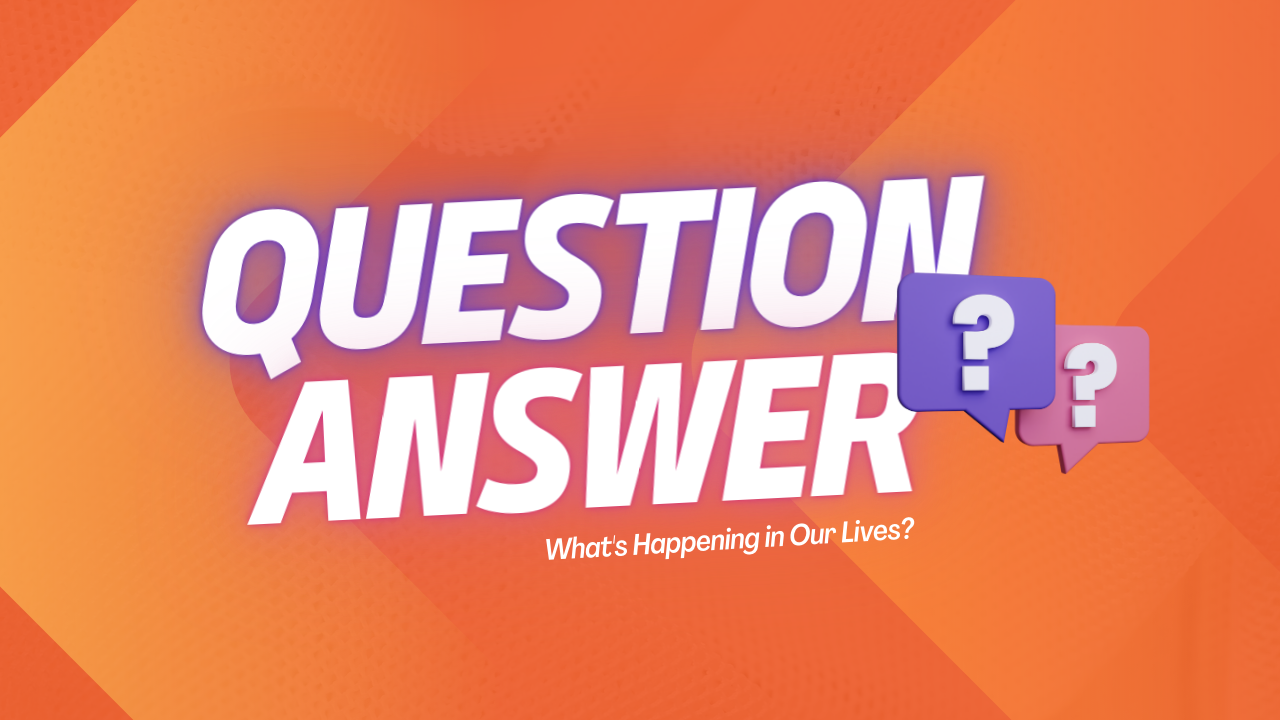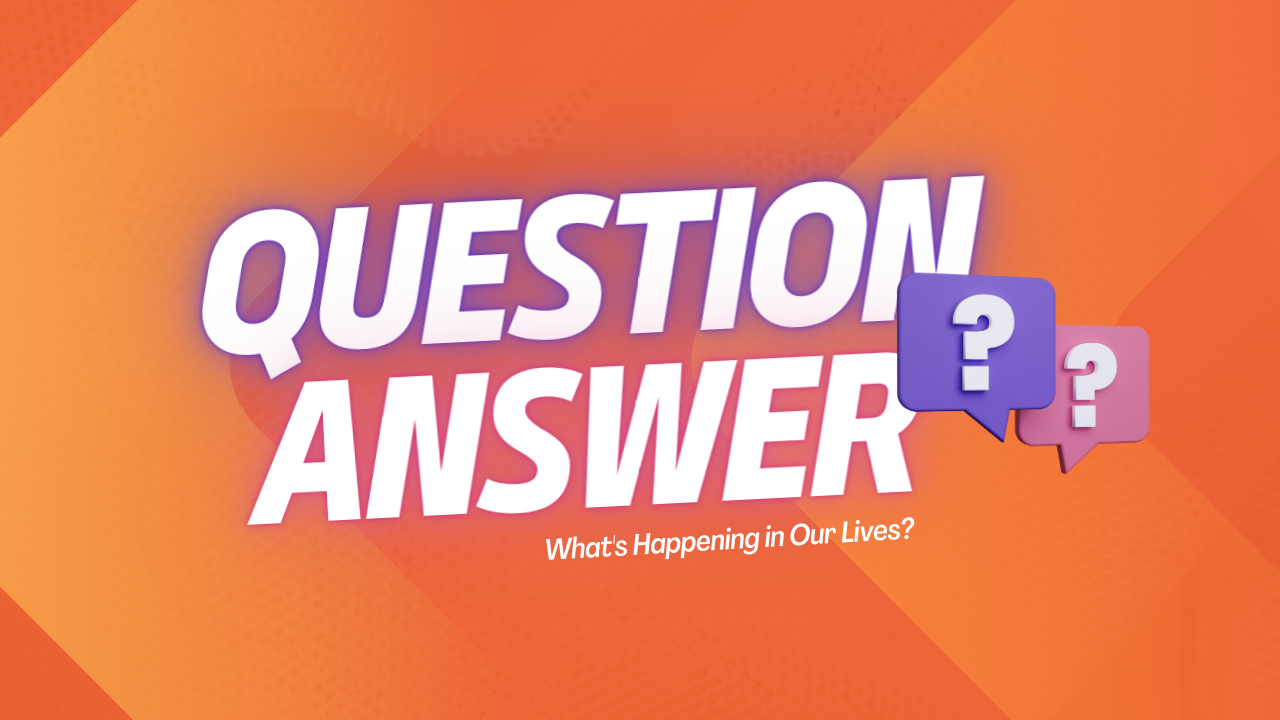Difference Between 5G and 4G | AnswerThings69
In recent years, the telecommunications industry has undergone a significant transformation, with the emergence of fifth-generation (5G) wireless technology. 5G is the latest version of mobile network technology that is designed to be faster, more efficient, and more reliable than its predecessor, 4G. In this article, we'll explore the key differences between 5G and 4G and how this new technology is poised to transform the way we connect and communicate.
Difference Between 5G and 4G
| Feature | 4G | 5G |
|---|---|---|
| Speed | Offers download speeds up to 100 Mbps and upload speeds up to 50 Mbps | Offers download speeds up to 20 Gbps and upload speeds up to 10 Gbps |
| Latency | Average latency of 30-50 milliseconds | Ultra-low latency of 1-2 milliseconds |
| Frequency bands | Uses lower frequency bands below 6 GHz | Uses higher frequency bands above 24 GHz, as well as lower frequency bands |
| Network architecture | Centralized network architecture | Decentralized network architecture with increased use of small cells |
| Capacity | Can support up to 4,000 devices per square kilometer | Can support up to 1 million devices per square kilometer |
| Energy efficiency | Less energy-efficient due to the need for frequent signal handoffs | More energy-efficient due to decreased need for signal handoffs |
| Coverage | Offers broad coverage area | Offers limited coverage area due to high frequency bands |
| Applications | Best suited for video streaming and social media use | Supports a wider range of applications, including autonomous vehicles, remote surgeries, and smart cities |
| Cost | Infrastructure is relatively affordable | Infrastructure is more expensive due to the need for more cell towers and equipment |
| Security | 4G networks use the LTE encryption standard, which is considered secure but has some vulnerabilities | 5G networks use a more advanced encryption standard called 5G AKA, which provides higher security |
| Spectrum sharing | 4G networks do not support spectrum sharing, meaning that different operators cannot share the same frequency bands | 5G networks support spectrum sharing, allowing different operators to share the same frequency bands |
| Network slicing | 4G networks do not support network slicing, which allows different virtual networks to be created on a single physical network | 5G networks support network slicing, enabling different virtual networks to be created on a single physical network |




%20and%20transform()%20in%20Pandas.png)

.png)